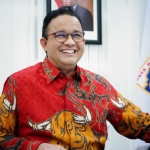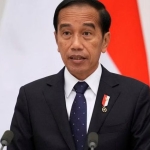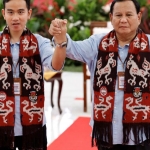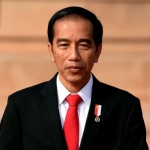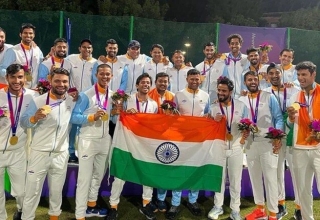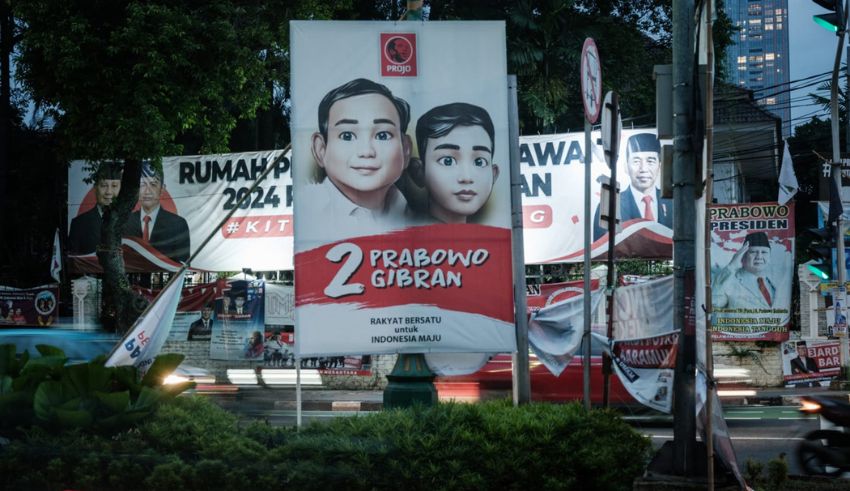
Generative AI, or artificial intelligence that can create original and realistic content, such as text, images, audio, and video, is transforming the way political campaigns are conducted in Indonesia. From generating catchy slogans and posters, to producing fake news and deep fakes, generative AI is being used by candidates and parties to influence voters and gain an edge over their rivals.
The Benefits of Generative AI
Generative AI can offer several benefits for political campaigns, such as:
- Saving time and money: Generative AI can automate and streamline the creation of campaign materials, such as speeches, press releases, social media posts, and advertisements. This can save time and money for the candidates and parties, who can focus on other aspects of their campaigns.
- Enhancing creativity and personalization: Generative AI can generate novel and diverse content, such as slogans, logos, images, and videos, that can capture the attention and interest of the voters. Generative AI can also tailor the content to the preferences and profiles of the voters, such as their age, gender, location, and political affiliation, to increase their engagement and loyalty.
- Improving reach and impact: Generative AI can produce content in multiple languages and formats, such as text, audio, and video, that can reach and appeal to a wider and more diverse audience. Generative AI can also leverage the power of social media and viral marketing, by creating content that can be easily shared and spread online.
The Risks of Generative AI
Generative AI can also pose several risks for political campaigns, such as:
Generative AI can create fake or misleading content, such as news, statistics, quotes, and endorsements, that can deceive or manipulate the voters. Generative AI can also create deepfakes, or synthetic media that can swap or alter the faces, voices, or actions of real people, such as candidates, celebrities, or experts, to make them say or do things that they never did or would. This can erode the trust and credibility of the candidates and parties, as well as the integrity and transparency of the electoral process.
Generative AI can create hateful or inflammatory content, such as insults, threats, or accusations, that can provoke or incite conflict and violence among the voters. Generative AI can also create divisive or polarizing content, such as propaganda, conspiracy theories, or misinformation, that can undermine the unity and harmony of the society.
Generative AI can create content that can violate the privacy and ethics of the candidates, parties, and voters. Generative AI can use personal or sensitive data, such as biometric, behavioral, or demographic information, to generate or target the content, without the consent or knowledge of the data owners. Generative AI can also create content that can infringe the intellectual property rights, or the moral and cultural values, of the content creators or consumers.
Keep Reading
The Need for Regulation
The use of generative AI in political campaigns is largely unregulated and unmonitored in Indonesia, as there are no clear and specific laws or guidelines that govern its application and implications. This leaves a lot of room for abuse and misuse, as well as uncertainty and ambiguity, for the candidates, parties, and voters.
To address this issue, there is a need for a comprehensive and coherent regulation of generative AI in political campaigns, that can balance its benefits and risks, and ensure its ethical and responsible use. The regulation should include:
- Setting standards and criteria for the quality and accuracy of the content generated by generative AI, and requiring the disclosure and verification of its sources and methods.
- Establishing rules and norms for the content and conduct of the candidates and parties using generative AI, and imposing sanctions and penalties for any violations or infringements.
- Educating and empowering the voters to recognize and evaluate the content generated by generative AI, and to exercise their rights and responsibilities as citizens and consumers.
Generative AI is shaping the political campaigns in Indonesia, by offering new and innovative ways of creating and delivering content to the voters. However, generative AI also poses significant challenges and threats, by creating fake and harmful content that can influence and manipulate the voters.
To ensure the fairness and legitimacy of the elections, there is a need for a regulation of generative AI in political campaigns, that can protect the interests and values of the candidates, parties, and voters. Only then can generative AI become a positive and productive force for democracy in Indonesia.
